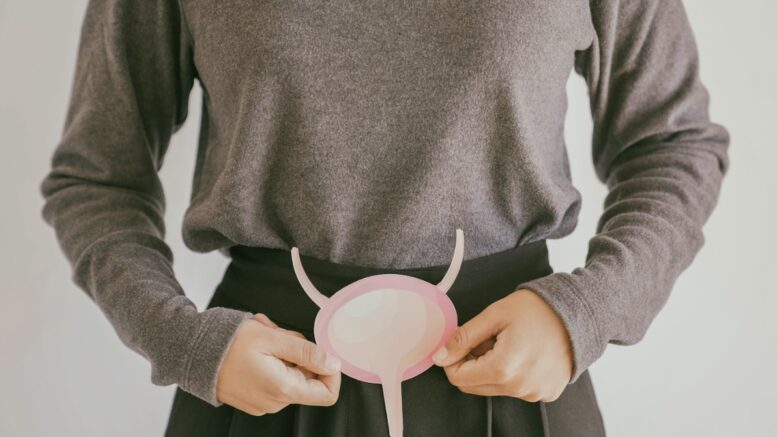Women encounter several challenges during their lifetimes, from periods to pregnancy and menopause. But losing bladder control is the worst thing you may experience because it affects your dignity and self-esteem. Unfortunately, countless women deal with urinary incontinence and suffer in silence only because they are too embarrassed to discuss the problem. The good thing is that the issue is manageable, but you must know your facts and seek help without hesitation. Moreover, you must ditch the myths that may keep you from addressing the situation effectively. Let us share the urinary incontinence misconceptions women should avoid.
Misconception #1- Incontinence is a normal part of aging
Many changes in a woman’s body over the years, specifically after menopause sets in. You may expect episodes of urinary leaks due to the weakening of bladder muscles over the years. However, you shouldn’t consider it a normal part of aging. The last thing you should do is to compromise with the situation, as it can affect your mental health and quality of life. You must seek help to deal with it, even if it may not be a real health concern.
Misconception #2- Treatment options are limited
You may not prioritize treatment for urinary incontinence because discussing it makes you hesitant. Most women believe that treatment options are limited, but the truth is that timely action can restore bladder control. The solution boils down to the type of incontinence you have. For example, pelvic exercises are a great remedy for stress-related leaks. You may need treatment for an underlying condition such as diabetes and urinary tract infections to resolve the problem for good.
Misconception #3- You have to learn to live with leaks
Another misconception you must ditch is that life after an incontinence diagnosis is about learning to live with leaks. But it is only a myth because you can rely on products like incontinence underwear for women to minimize the risk of accidental leakage. The best part is that you can buy washable, reusable variants, so you need not worry about burning a hole in your wallet.
Misconception #4- Limiting your fluid intake can help
You will probably believe that limiting fluid intake will reduce episodes of leakage. However, restricting fluids, specifically water, does more harm than good for people dealing with incontinence. Your bladder gradually loses its ability to hold when you avoid fluids. Moreover, you can imagine the health downsides of poor hydration in the long one. You must have plenty of water and relieve your bladder when necessary. But avoid bladder irritants like coffee, cold drinks, and alcohol.

Misconception #5- Surgery is the only long-term solution
You must definitely get your facts right if you believe that surgery is the only long-term solution for urinary incontinence. You have easy and effective non-surgical options like Kegel exercises and diet management to address the problem. Your doctor is the best person to decide whether you actually require surgical intervention, and it is often the last resort when nothing else works.
Urinary incontinence is common in older people, but it shouldn’t affect your mental health and quality of life. Debunking these myths can put you on the right track.
